Published by DailyFT
In the coming week the Appropriation Bill for the year 2023 will be taken up for its second reading. President Wickremesinghe as the Minister of Finance will present the budget 2023 on 14 November. The next budget can be one of the most consequential in history. The Government will have to make prudent choices on expenditure and means of increasing revenue.
Now it is apparent to all that the tax cuts implemented in late 2019 by the previous Gotabaya Rajapaksa administration precipitated the worst economic calamity in Sri Lankan history. In principle lowering taxes can be beneficial if there is corresponding reduction in Government spending and alternative means of generating revenue. If tax concessions lead to greater economic activity and growth, it would justify such a policy.
However, the absurdity of the Rajapaksa tax cuts was that while lowering taxes, especially for the rich, the Government embarked on costly expenditure, including a program to recruit 100,000 graduates into the public sector. Let alone the economic sense, the Rajapaksa regime did not have the basic common sense of balancing accounts. The result was the worst economic downturn in Sri Lankan history, eventually leading to a sovereign default.
If President Wickremesinghe’s Government wishes to rectify the shortfall in revenue it would at least in the short term have to increase taxes.
As Nishan De Mel, head of a think tank recently pointed out, Sri Lanka requires developing a ‘culture of paying taxes.’ He points out that it is necessary that everyone pays taxes, even at the very lowest rate. Such a contribution to the national coffers will give ownership of those ‘tax money’ and the citizenry be stakeholders in the management of the country’s finances. This has not been the case in Sri Lanka and tax revenue in the country is among the lowest in the world as of January 2020, falling from 11.6% of GDP in 2019 to 8.1% of GDP.
This difficult pill of generating taxes can be made less bitter to swallow if there is transparency in Government expenditure. The large Cabinet of Ministers, numerous ministries and Government institutions that do not demonstrate value for money for the expenditure incurred create increasing resentment among the public. In addition, the elected leaders have shown little signs of austerity in expenditure during these difficult times.
There will also be less resentment for increases in taxes if the Government addresses the issue of corruption. The same individuals who were the perpetrators, enablers and beneficiaries of these corrupt dealings during the Rajapaksa administration now continue in positions of power in the Wickremesinghe administration.
It is appalling to note that President Wickremesinghe has among his cabinet of ministers those who have been not only accused but committed in courts of law for monetary crime. For example, Minister Prasanna Ranatunga was convicted of fraud and demanding money for a bribe. Numerous others in the cabinet are accused of a variety of financial crimes. There is no doubt that the general perception that a vast majority of the political leaders making financial decisions of the country are corrupt.
These are the reasons that merely increasing taxes, especially at a time when inflation is increasing significantly is not the solution. It is essential that the Government demonstrates that the revenue generated through the taxes are utilised in the best possible manner. Transparency and addressing the epidemic of corruption within the Government ranks are critical to ensure that taxes can be increased, revenue generated without creating resentment and social unrest.

